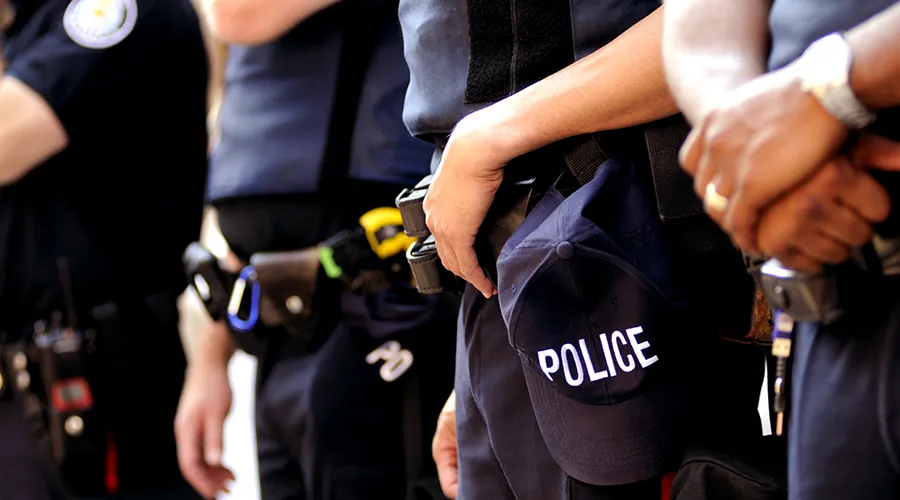Most complaints made against public officials should be made to the employer of that public official. More serious complaints should be made directly to the Crime and Corruption Commission (CCC)
Compliant against a police officer
The first step in making any complaints about a police officer is to make a complaint to the officer-in-charge of the police station where the police officer works. This complaint can be made in person, in writing, by telephone, or by the Queensland Police Service (QPS) online complaint form. We suggest making the complaint in writing or by the QPS online complaint form and keeping a copy of the complaint.
If the problem is not settled by the officer-in-charge, you can make a secondary complaint to the QPS headquarters or the CCC. QPS are required by law to notify the CCC of all complaints that they believe to be serious misconduct.
When making a complaint, you should include as much detail as possible, including:
- what exactly happened;
- where and when it happened;
- what was said;
- whether it was seen by someone other than yourself and the police;
- contact details for anyone else who saw the incident;
- whether you have proof of damage, injury or any other useful evidence (e.g. photographs, telephone messages); and
- whether you have reported the matter to any other agency.
Types of Police misbehaviour
There are three general types of “police behaviour” that will result in a police officer being disciplined. Some actions are more severe than others and will result in harsher penalties
Breach of Discipline
The first type of police behaviour is breach of discipline, where an officer was biased, unethical or unprofessional. Examples of this include:
- a slow response to your call;
- rudeness; or
- failure of an officer to identify him/herself.
Official Misconduct
The final type of misconduct is official misconduct. Official misconduct does not just relate to police, and can extend to any public officials. A public official (including police officers) may be guilty of official misconduct if they have been:
- dishonest;
- breached trust placed in them; or
- misused officially obtained information.
To be found guilty of official misconduct, the person’s actions must have been serious enough to either be a criminal offence, or to warrant them being sacked.
Complaints against public official (including police officers)
A complaint against a public official should be made directly to the CCC, using their online complaint form. The CCC will aim to assess your complaint within four weeks.
Q&A
Do I need legal advice?
You do not need legal advice when making a complaint.
Can I make an anonymous complaint?
You can make an anonymous complaint however they can be more difficult to investigate. You should supply a contact point so that you are able to be contacted during the investigation.
What happens after the complaint is made?
This will depend on the seriousness of the complaint. For less serious matters, there may be:
- informal resolution, which may include an apology or an explanation of the conduct; or
- mediation, where you and the public official will meet with two mediators to resolve the problem
What are the consequences for police officers following disciplinary action?
Some consequences include:
- dismissal;
- demotion in rank;
- reprimand;
- reduction in an officer’s level of salary;
- forfeiture or deferment of a salary increment or increase; or
- deduction from an officer’s salary payment of a sum equivalent to a fine of two penalty units.

